Introduction
Off-page SEO, short for Off-Page Search Engine Optimization, refers to the set of external factors and strategies that influence and enhance the visibility, credibility, and authority of a website on the internet. Unlike on-page SEO, which involves optimizing elements on the website itself, off-page SEO involves activities that take place outside the website but have a significant impact on its search engine rankings.
Table of Contents
ToggleOff-page SEO focuses on improving a website’s external factors, building its authority and credibility in the eyes of search engines, and ultimately influencing its rankings in search results. It involves building a robust online presence beyond the website itself to establish trust and relevance within the digital ecosystem.
Purpose of Off-page SEO
The purpose of Off-page SEO (Search Engine Optimization) is to enhance the online visibility, authority, and credibility of a website through external factors and activities occurring outside the website itself. Unlike On-page SEO, which involves optimizing elements within the website, Off-page SEO focuses on building a positive reputation and influencing search engine rankings through various off-site strategies. The primary purposes of Off-page SEO include.
- Building Authority and Trust:
- By acquiring high-quality backlinks from reputable and relevant websites, a website can establish authority in its industry or niche. Search engines view such backlinks as a vote of confidence, contributing to the trustworthiness of the site.
- Enhancing Search Engine Rankings:
- Off-page SEO activities, such as acquiring backlinks from authoritative sources, positively influence a website’s ranking on search engine results pages (SERPs). Websites with a strong off-page SEO profile are more likely to rank higher for relevant search queries.
- Increasing Online Visibility:
- Social media engagement, influencer collaborations, and content promotion on external platforms contribute to increased online visibility. These activities help a website reach a broader audience and attract more visitors.
- Improving Brand Recognition:
- Off-page SEO efforts, such as content marketing and influencer partnerships, contribute to improved brand recognition. Positive mentions and associations with reputable entities can enhance the overall perception of a brand.
- Encouraging User Engagement:
- Social signals, such as likes, shares, and comments on social media platforms, indicate user engagement and interest in the content. Positive engagement signals to search engines that the content is valuable and relevant to users.
- Optimizing for Local Search:
- For businesses targeting a local audience, activities such as local citations, positive online reviews, and consistent NAP (Name, Address, Phone number) information contribute to better visibility in local search results.
- Managing Online Reputation:
- Off-page SEO involves monitoring and managing a website’s online reputation. Responding to reviews, addressing customer feedback, and maintaining a positive online presence contribute to the overall reputation of the brand.
In essence, the purpose of Off-page SEO is to create a robust and positive online presence beyond the confines of the website. By establishing authority, building trust, and engaging with the broader digital community, a website can improve its standing in search engine results and connect with a wider audience.
Importance of Off-page SEO

The importance of Off-page SEO (Search Engine Optimization) lies in its ability to significantly impact a website’s visibility, authority, and credibility on the internet. Off-page SEO goes beyond on-site optimizations and plays a crucial role in how search engines perceive and rank a website. Here are key reasons highlighting the importance of Off-page SEO
- Enhanced Search Engine Rankings:
- Off-page SEO activities, such as acquiring high-quality backlinks from authoritative sources, contribute to improved search engine rankings. Search engines view these backlinks as endorsements of a website’s relevance and authority, leading to higher positions in search results.
- Building Trust and Authority:
- Quality backlinks from reputable websites act as signals of trust and authority. When a website is associated with trustworthy sources, it gains credibility in the eyes of both search engines and users.
- Increased Online Visibility:
- Off-page SEO efforts, including social media engagement, influencer collaborations, and content promotion, extend a website’s reach beyond its own platform. This increased online visibility translates to a broader audience and more opportunities for organic traffic.
- Social Proof and User Engagement:
- Social signals, such as likes, shares, and comments on social media platforms, serve as social proof of a website’s popularity and relevance. Positive engagement contributes to a positive user experience and may influence search engine rankings.
- Effective Local SEO:
- For businesses targeting local audiences, off-page SEO elements such as local citations, positive reviews, and consistent business information across online platforms are essential for better visibility in local search results.
- Brand Recognition and Reputation Management:
- Off-page SEO activities, such as influencer partnerships and positive mentions on external platforms, contribute to improved brand recognition. Managing online reputation through active engagement and addressing customer feedback enhances the overall perception of the brand.
- Long-Term Sustainability:
- Off-page SEO efforts, particularly those related to building high-quality backlinks and establishing a strong online presence, contribute to the long-term sustainability of a website’s rankings. Quality backlinks are considered enduring assets in the digital landscape.
- Competitive Advantage:
- Websites with strong off-page SEO profiles often enjoy a competitive advantage. They are more likely to outrank competitors and attract a larger share of the target audience.
In summary, the importance of Off-page SEO lies in its ability to influence search engine algorithms, establish credibility and authority, and extend a website’s reach in the digital ecosystem. It is an integral part of a holistic SEO strategy that goes beyond on-site optimizations to create a strong and reputable online presence.
Key Off-page SEO Elements
Off-page SEO involves various external factors that contribute to the overall visibility and authority of a website. Here are key Off-page SEO elements that play a crucial role in enhancing a website’s performance:
-

Off-page SEO Backlinks:
Definition: Backlinks are links from external websites that point to your site.
- Importance: High-quality, relevant backlinks from authoritative websites are a significant Off-page SEO factor. They serve as a vote of confidence and contribute to a site’s credibility and search engine rankings.
- Social Media Presence:
- Definition: The activity and engagement on social media platforms.
- Importance: Social signals, such as likes, shares, and comments, influence search engine rankings. A strong social media presence enhances brand visibility and provides an avenue for content promotion.
- Content Marketing:
- Definition: Creating and promoting valuable, shareable content.
- Importance: Content that resonates with the audience attracts natural backlinks and social engagement. It establishes a website as an authoritative source in its niche.
-
Influencer Outreach:
- Importance: Collaborating with influencers can lead to mentions, backlinks, and increased visibility.
-
Online Reputation Management:
- Definition: Monitoring and managing a website’s online image and customer reviews.
- Importance: Positive online reviews and a favorable reputation contribute to a website’s trustworthiness and authority.
-
Local SEO Strategies:
- Definition: Tactics aimed at optimizing a website for local search.
- Importance: For businesses targeting local audiences, local citations, positive reviews, and consistent NAP (Name, Address, Phone number) information are critical for visibility in local search results.
-
Guest Posting:
- Definition: Contributing content to other websites in exchange for exposure.
- Importance: Guest posting provides opportunities for backlinks and introduces a website to a new audience.
-
Brand Mentions:
- Definition: Instances where a brand is mentioned online, with or without a link.
- Importance: Even without a link, brand mentions contribute to a website’s credibility and can indirectly impact search engine rankings.
-
Social Bookmarking:
- Definition: Submitting and sharing content on social bookmarking sites.
- Importance: Social bookmarking can generate backlinks and increase the visibility of valuable content.
-
Forum Participation:
- Definition: Engaging in discussions and providing insights on industry forums.
- Importance: Participating in relevant forums can lead to brand exposure, networking opportunities, and potential backlinks.
Understanding and strategically implementing these Off-page SEO elements contribute to a well-rounded SEO strategy, positively impacting a website’s authority and search engine rankings.
Off-page SEO Best Practices
Off-page SEO best practices are crucial for enhancing the visibility, authority, and credibility of a website beyond its pages. Here are key best practices for Off-page SEO:
-
Quality Backlink Building:
- Best Practice: Acquire high-quality backlinks from authoritative and relevant websites.
- Explanation: Focus on building a diverse and natural backlink profile. Prioritize quality over quantity, and avoid engaging in link schemes or practices that violate search engine guidelines.
-
Social Media Engagement:
- Best Practice: Actively engage on social media platforms relevant to your audience.
- Explanation: Maintain a consistent and engaging presence on social media. Share your content, interact with followers, and leverage social signals to enhance brand visibility.
-
Content Marketing:
- Best Practice: Develop and promote valuable, shareable, and authoritative content.
- Explanation: Create content that resonates with your audience and industry. Promote it through various channels, including social media, email, and external platforms, to attract natural backlinks and social signals.
-
Influencer Outreach:
- Best Practice: Build relationships with influencers and thought leaders in your industry.
- Explanation: Collaborate with influencers for content promotion, guest posts, or joint projects. Influencers can contribute to increased visibility and credibility.
-
Online Reputation Management:
- Best Practice: Monitor and manage your online reputation actively.
- Explanation: Respond to reviews, address customer feedback, and maintain a positive online image. A good reputation contributes to trust, authority, and user confidence.
-
Local SEO Strategies:
- Best Practice: Optimize for local search by ensuring accurate NAP (Name, Address, Phone number) information.
- Explanation: List your business on local directories, encourage positive local reviews, and participate in local events to improve visibility in local search results.
-
User-Generated Content:
- Best Practice: Encourage and showcase user-generated content.
- Explanation: User-generated content, such as reviews, testimonials, and social media mentions, contributes to authenticity and can positively impact SEO.
-
Guest Posting:
- Best Practice: Contribute guest posts to reputable and relevant websites.
- Explanation: Guest posting allows you to showcase your expertise, gain exposure, and earn backlinks from authoritative sites. Ensure your contributions add value to the host site’s audience.
-
Brand Mentions:
- Best Practice: Monitor and capitalize on brand mentions.
- Explanation: Even without a link, brand mentions contribute to brand visibility. Reach out to websites mentioning your brand to explore opportunities for collaboration or backlink acquisition.
-
Forum Participation:
- Best Practice: Engage in relevant forums and online communities.
- Explanation: Participate in discussions, provide insights, and build relationships within your industry. Forum participation can lead to brand mentions and networking opportunities.
-
Regular SEO Audits:
- Best Practice: Conduct regular SEO audits to assess backlink health and overall off-page SEO performance.
- Explanation: Regular audits help identify and address any issues related to backlinks, ensuring a healthy and effective off-page SEO strategy.
-
Diversified Content Formats:
- Best Practice: Offer a variety of content formats, including text, images, videos, and infographics.
- Explanation: Diversifying content caters to different audience preferences and increases the likelihood of attracting backlinks and social engagement.
Adhering to these best practices and staying updated on industry trends and search engine guidelines will contribute to a robust Off-page SEO strategy, ultimately enhancing your website’s online presence and performance in search engine rankings.
Tools and Resources
To effectively implement Off-page SEO strategies and manage your online presence, various tools and resources are available. Here are some useful tools and resources to enhance your Off-page SEO efforts.
Tools
- Ahrefs
- Moz Link Explorer
- SEMrush
- Google Analytics
- Google Search Console
- BuzzSumo
- Majestic
- Hootsuite
- Yoast SEO
- Google Trends
Conclusion
In conclusion, Off-page SEO is a critical component of a comprehensive digital marketing strategy, playing a pivotal role in enhancing a website’s visibility, authority, and credibility across the vast landscape of the internet. By employing effective Off-page SEO practices, website owners and digital marketers can elevate their online presence, attract a broader audience, and improve search engine rankings.
The foundation of Off-page SEO lies in building high-quality backlinks from authoritative and relevant sources. Quality backlinks serve as endorsements of a website’s trustworthiness and relevance, influencing search engines to rank it higher in search results. Social media engagement, content marketing, and other strategies contribute to the creation of a robust online presence, extending a website’s reach and impact.
It’s essential to approach Off-page SEO with ethical practices, emphasizing user value and organic growth. Manipulative tactics can lead to penalties from search engines, negatively impacting a website’s performance. Building relationships with influencers, actively participating in online communities, and managing online reputation are integral parts of a successful Off-page SEO strategy.
As the digital landscape continues to evolve, staying informed about industry trends, utilizing the right tools, and adapting strategies accordingly are key to achieving sustained success in Off-page SEO. By consistently implementing best practices, creating valuable content, and fostering meaningful connections, businesses and website owners can position themselves for long-term growth and prominence in the competitive online environment.
Call to Action
As you embark on your Off-page SEO journey, remember that each action you take contributes to the overall success of your online presence. Here’s a call to action to guide you toward effective Off-page SEO practices
Step into Authority
Position your website as an authority in your niche by consistently creating and promoting high-quality, valuable content. Become a go-to resource for your audience, and watch as your authority grows.
Cultivate Genuine Relationships
Build meaningful relationships with influencers, industry experts, and your audience. Genuine connections can lead to natural backlinks, collaborations, and increased visibility across digital platforms.
Foster Social Engagement
Harness the power of social media to engage with your audience. Share compelling content, participate in conversations, and leverage social signals to amplify your brand’s reach.
Monitor and Adapt
Regularly monitor the performance of your Off-page SEO efforts. Utilize analytics tools, stay informed about industry trends, and adapt your strategies to align with the ever-evolving digital landscape.
Embrace Diversity in Content
Diversify your content offerings to cater to different preferences. Whether it’s blog posts, videos, infographics, or interactive content, variety enhances your appeal and attracts a wider audience.
Build a Strong Backlink Foundation
Acquire backlinks from reputable sources, and focus on natural link-building strategies to fortify your website’s foundation.
Stay Ethical
Commit to ethical SEO practices. Avoid shortcuts or manipulative tactics that could compromise your website’s integrity. Ethical SEO ensures long-term sustainability and trustworthiness.
Empower Local Presence
For businesses with a local focus, optimize your online presence for local searches. Leverage local SEO strategies, encourage positive reviews, and actively participate in community initiatives.
Educate and Stay Informed
Empower yourself with knowledge. Continuous learning is key to adapting your strategies for ongoing success.
Take Action Today
Implement these strategies with purpose and dedication. Every action you take in the realm of Off-page SEO contributes to the growth and success of your online presence. Start today and witness the positive impact on your website’s visibility and authority.
In the dynamic world of digital marketing, your commitment to excellence and ethical practices will set you apart. Seize the opportunities presented by Off-page SEO, and let your website shine in the vast digital landscape.
About the Author
I am a versatile professional with expertise in digital marketing, blogging, and web development. With a keen understanding of the ever-evolving digital landscape, I established myself as a Digital Marketing Expert, leveraging my skills to drive online success.
As a Blog Writer, I craft engaging content that seamlessly blends my technical proficiency with a creative flair. My articles offer valuable insights into the realms of technology, marketing strategies, and web development, making complex concepts accessible to a diverse audience.
In the world of web development, my skills bring digital visions to life. Whether I create user-friendly interfaces or optimize websites for performance, I excel in delivering seamless online experiences.
With a passion for staying ahead of industry trends, I am dedicated to sharing my knowledge and contributing to the dynamic fields of digital marketing and web development. My commitment to excellence and innovation is evident in every project he undertakes.
Connect with me to explore the intersection of technology, marketing, and creativity, and stay informed about the latest developments in the digital sphere.
Mail Us ahmadzebabbasi@live.com
Watsapp Us
You Can Read Also About Keyword Research









